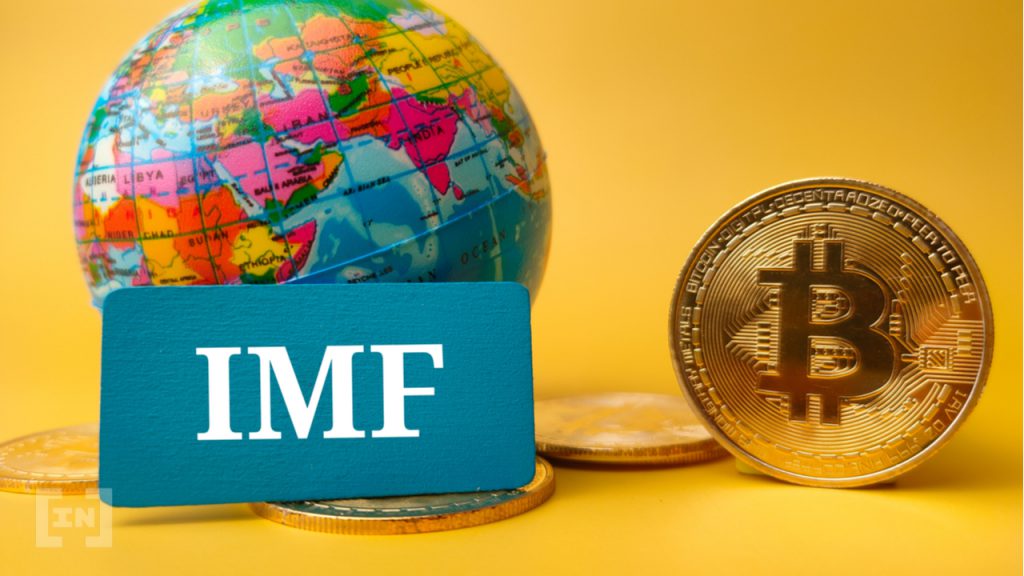A recent IMF report states that the crypto market is showing an increased correlation with stock markets. It calls this trend a threat that could have effects on global financial markets.
The International Monetary Fund (IMF) has published a post saying that crypto prices have begun to move more in sync with stock markets. The post, published on Jan 11, says that this new trend poses more threats to global markets.
The post takes a distinctly anti-crypto stance, using such terms as “contagion” to describe the crypto asset class. It says that “crypto-assets are no longer on the fringe of the financial system.” It calls the correlation with stock markets as having increased significantly, which “limits their perceived risk diversification benefits and raises the risk of contagion across financial markets.”
The IMF has not been known to have a friendly attitude towards crypto, having several times in the past said that it could pose a threat to economic stability. Among its statements is the opposition towards El Salvador’s adoption of bitcoin as legal tender, which it is said has legal and macroeconomic risks.
It’s certainly true that bitcoin and other crypto assets have been moving more in step with stock indices over the years. Since 2020, the market has been experiencing more or less the same ups and downs as other asset classes, and some have speculated that there is a considerable spillover.
The IMF says that this new correlation could destabilize financial markets, especially in those countries with high crypto adoption. However, cryptocurrency supporters would be quick to note that many economies are already experiencing financial woes because of bad financial and general governance. They see crypto as a backup against trends such as inflation, despite growing correlation.
The market is currently in a bit of a lull after bitcoin dropped below $50,000, now sitting at just over $42,000. Investors don’t seem too concerned, as the market has experienced far worse episodes before. Still, 2022 will likely be a huge year for crypto, as more companies and institutions enter the market and developments take place.
The global economy is still experiencing major damage from the pandemic, as the Omicron variant rapidly spreads. The IMF itself has said that banks will suffer considerable losses over the next five years.
As younger generations dive deeper into the markets, it’s likely that they will invest in crypto assets, which is popular among them. A CNBC report in December 2021 showed that 83% of millennial millionaires own crypto, while nearly 50% of them were comfortable investing in the asset class.
Disclaimer
All the information contained on our website is published in good faith and for general information purposes only. Any action the reader takes upon the information found on our website is strictly at their own risk.


